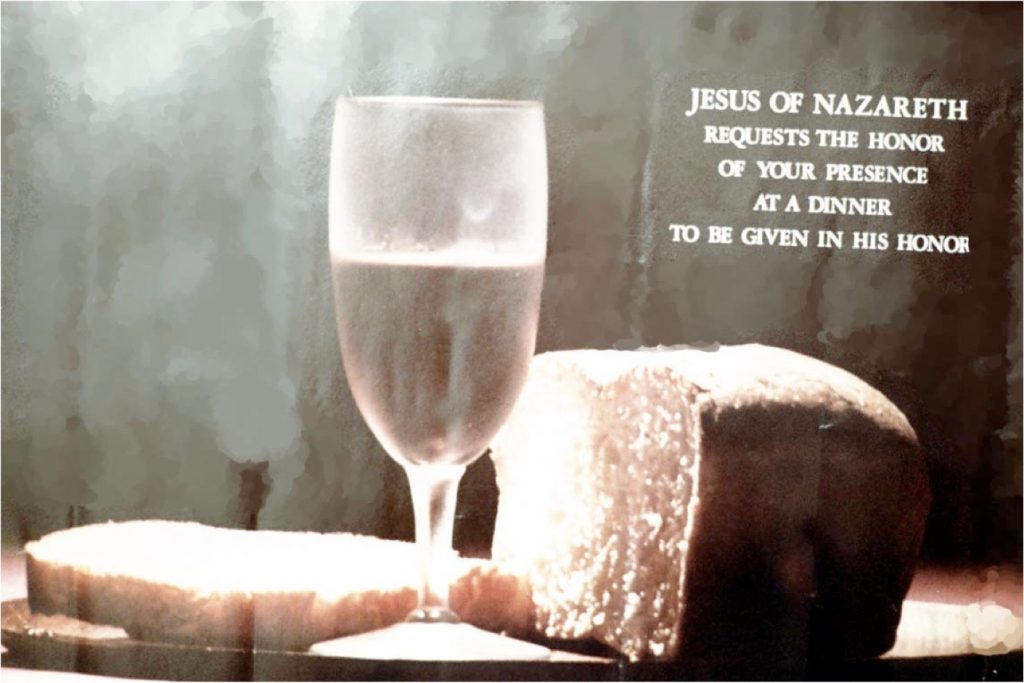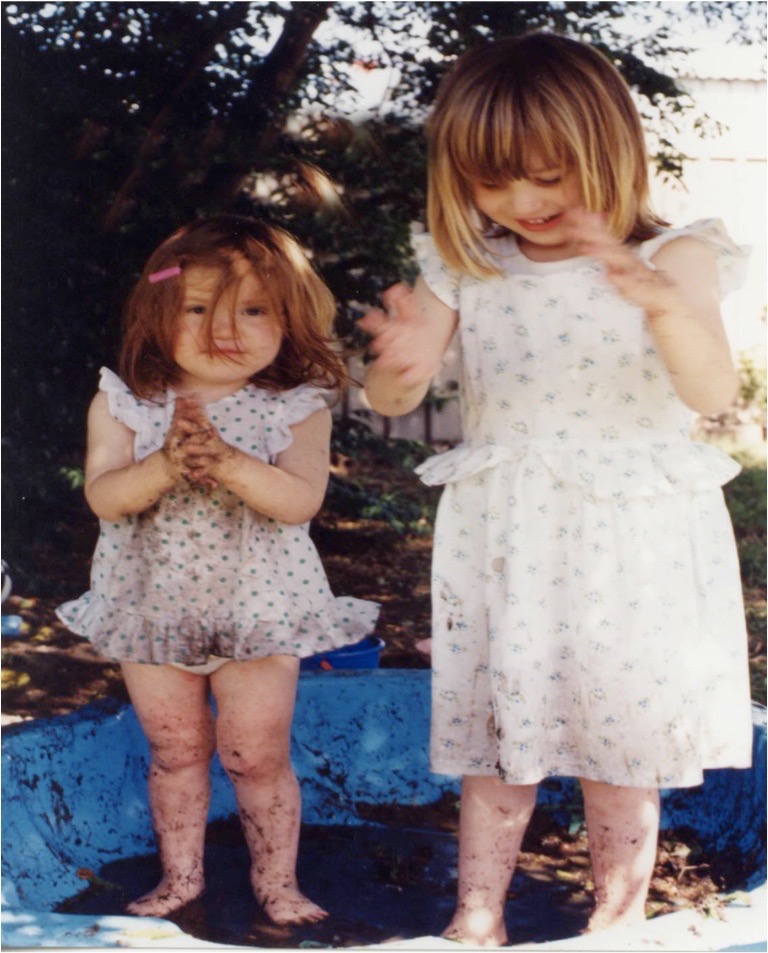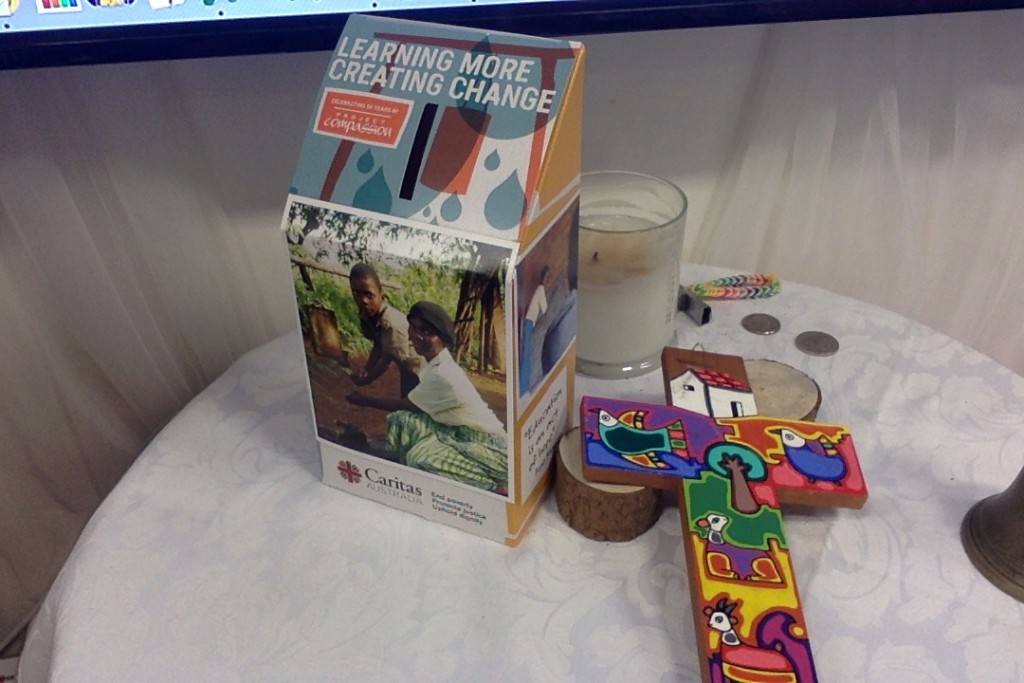I think the message of continuing Christ’s Mission is best reflected in the Parable of the Talents, Matthew 25:14-30.
Jesus told this parable, A man going on a journey summoned his slaves to each one he gave talents, one five, one two and another one, according to their ability.
The slave with five talents increased his by five, the one with two made two more, while the slave with one dug a hole in the ground and hid his master’s money. After a long time, the master settled accounts with the slaves.
The slave with five was praised for by being trustworthy by increasing his talents by five more and given more responsibility. The slave with two talents increased his by two and was praised for by being trustworthy and put in charge of more tasks. The slave with one talent was afraid of his master and buried his talent. “But, his master replied, ‘You wicked and lazy slave! You knew, did you, that I reap where I did not sow, and gather where I did not scatter.” Matthew 25:26. So, he was thrown outside and his talent was given to the slave who now had ten talents. “For to all those who have, more will be given, and they will have an abundance; but from those who have nothing, even what they have will be taken away.” Matthew 25:29.
So, how do I in my role as APRIM using my talents to continue Christ’s mission at Holy Family? I believe it is by making God’s presence visible at Holy Family where our Catholic Identity key performance indicators are a catalyst in engaging our community in developing a relationship with God and their faith. Holy Family’s Catholic Identity self-assessment of Excelling in Catholic Identity is underpinned by the Living Learning Leading Framework of Thriving People, Capable Learners and Leaders for the world God desires. Hence, I am required to be spiritually aware and inspired by faith through my prayer life, an active role within a Catholic Eucharistic Community in my role as commentator and reader, writing the commentary and prayer of the faithful and my professional learning in Religious Education. This nourishes my personal witness and utilisation of my talents to assist in enhancing Holy Family’s Catholic School Identity.
My core targets in my role as APRIM are to invite all in the Community to develop a personal relationship with Jesus and to participate and engage with Jesus through our faith and service. To achieve this, I need to acknowledge all people are Made in the Image of God and Holy Family’s cultural diversity. (John 14.2, In my Father’s House there are many rooms.)
Inviting parents/caregivers and members of our community to Class, prayer, liturgies, masses, whole school events, assemblies, Mission Day, Catholic Identity and Harmony Day, shared lunches, excursions and Spring Fair. Encouraging teachers, students and parents to rigorously and critically reflect on change and continuity in praying, believing, living and celebrating Church as it engages with the world through the Leuven Model. Moreover, inviting and encouraging the active participation of staff, students and parents to use their gifts in prayers, music, dance, readings, processions, technology and service to the community.
Creating a warm sense of community outreach and welcome by greeting parents/givers and students at the start of the day, at the gate, in the yard and in the classroom. Facilitating, opening up our hall and centre to different religious denominations to enable the different groups to worship and celebrate their faith and culture.
Learning to live faith-filled lives informed by the Scriptures where the Bible is the centre point of each class’ prayer table. The Scripture references highlighted in the Crossways enduring understandings focus on drawing out meanings from the many symbols throughout our school, comparing the meanings to their own lives, and sharing these meanings amongst those of other cultures and beliefs. Examples of work from the Crossways Unit is represented on the Catholic Identity wall in the classroom.
Visibly engaging with those who experience poverty and need, and those at the margins by developing Gospel Values that promote compassion, social justice, discernment, pastoral care and ecological sustainability. As a community, fundraising on Holy Family Mission Day for Catholic Mission, Fred’s Van and Catherine House.
Witnessing to God’s love for all of the Creatures of the Earth by raising awareness of God’s creation and co-creators with God in sustaining a social and physical environment. By continuing to maintain and evolve our Ecological Sustainable Projects of the Fish Farm, Orange an Olive Groves, Peace and Indigenous Gardens and Avocado Projects. Furthermore, our commitment to recycling waste & nude food projects. Thus, I believe at Holy Family we are active and committed to implementing initiatives in highlighting our Catholic Identity and making God’s presence visible.










